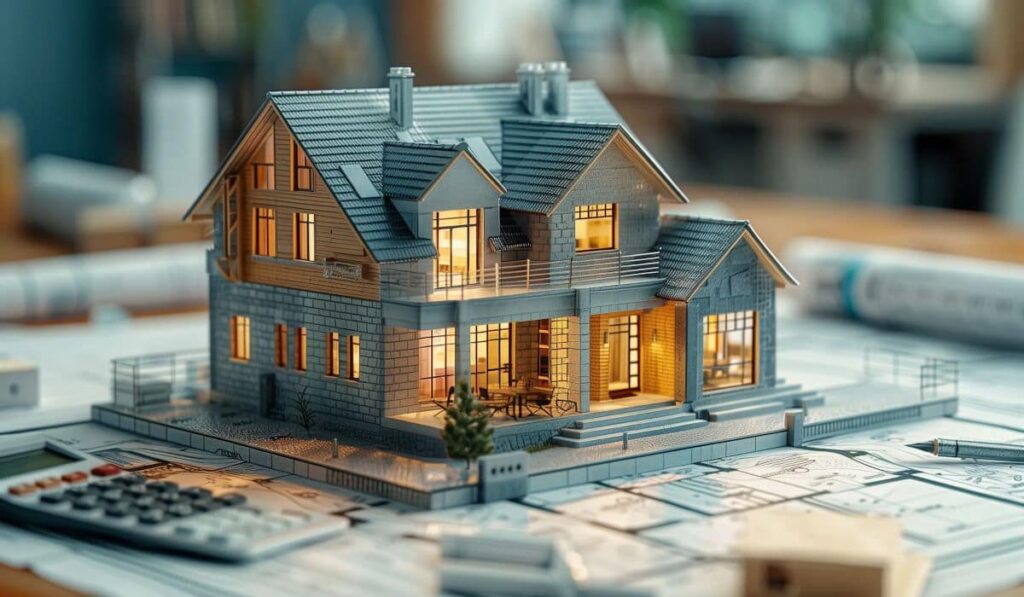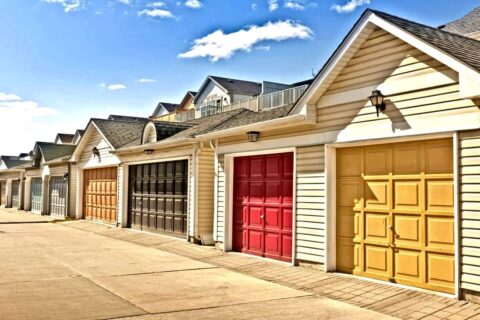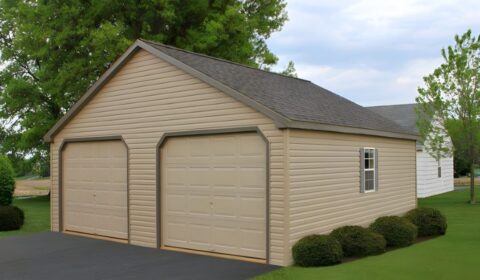Building your own home is a dream for many people, but the cost of doing so can vary significantly depending on several factors. Understanding how much does it cost to build a house in the UK requires careful planning, budgeting, and making informed decisions. Let’s explore the key elements that will help you determine the overall cost of constructing a house in the UK, as well as tips to manage your project successfully.
Where Should You Begin When Working Out How Much It’ll Cost to Build a House?
Before diving into numbers, it’s important to start with a clear vision of what you want your home to look like. Begin by outlining the size, location, and style of your desired house, as these will significantly affect the cost. The location is crucial, as land prices vary across the UK. For example, purchasing a plot in London or the South East will generally cost much more than in northern regions or rural areas.
Other factors that will influence the overall cost include:
- Design complexity: Simple designs will typically cost less than intricate architectural plans.
- Materials: High-quality, sustainable materials will be more expensive upfront but may save money in the long run.
- Labour costs: Depending on where you build, the cost of contractors and labour can differ.
- Local regulations: Planning permissions, environmental impact assessments, and building regulations can add extra costs.
By starting with a comprehensive assessment of these factors, you’ll have a clearer idea of what your project could cost.
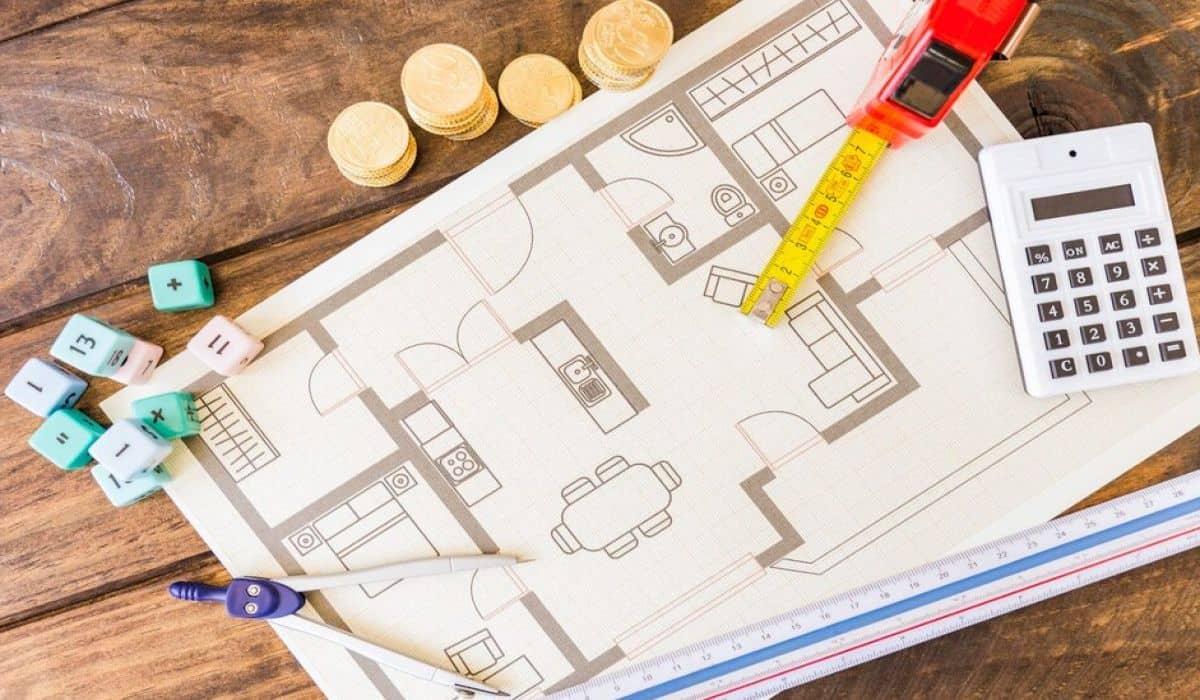
How Much Should I Spend on Building a House?
There’s no one-size-fits-all answer to how much you should spend on building a house, but setting a realistic budget is key. The average cost to build a house in the UK can range between £1,800 and £3,000 per square metre, depending on the region, design, and materials.
As a rough guide:
- A standard 3-bedroom house may cost anywhere between £200,000 to £300,000 to build.
- A larger, more luxurious property could cost upwards of £500,000 or more.
It’s advisable to add a contingency of around 10-15% to your budget to account for unforeseen costs. Always plan for expenses beyond the construction itself, such as land purchase, legal fees, utility connections, and interior fittings.
Tips to Set Your Project
To ensure your house-building project stays on track and within budget, follow these practical tips:
- Set a clear budget and stick to it: Know what you can afford and don’t be tempted to stray from it.
- Get multiple quotes: When hiring contractors or buying materials, compare prices to get the best deal.
- Manage the timeline: Delays in construction can be costly, so ensure a clear schedule is in place.
- Use efficient designs: Consider simple, cost-effective designs or modular construction to save money.
- Consider eco-friendly options: Energy-efficient designs and materials might cost more upfront but will save on future energy bills.
- Keep communication open: Stay in touch with your contractors, architects, and planners to ensure smooth progress.
These tips can help you avoid the common pitfalls that often increase the cost of building a house.
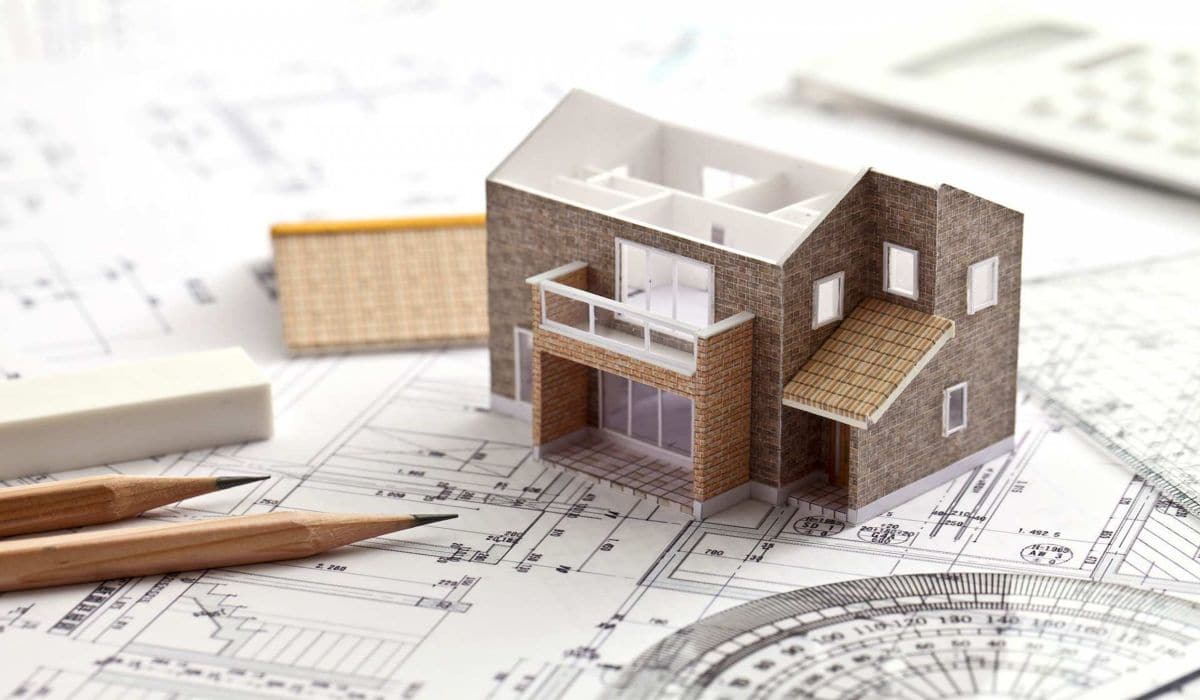
Do You See Where We’re Going With This?
It’s all about preparation and planning! When embarking on a house-building project, many people underestimate costs, thinking only about the physical construction. However, things like land prices, planning permissions, and labour costs all add up. By approaching the project with a detailed and well-thought-out plan, you can prevent overspending and delays.
Building your own house offers the chance to create a home tailored to your needs, but the key is understanding where every penny is going, so you don’t encounter unpleasant surprises along the way.
Who Can Help You Work Out How Much It Will Cost to Build a House?
Working out the cost of building a house can be complicated, so it’s a good idea to seek help from professionals. The following experts can guide you through the process:
- Architects: They can provide cost estimates based on your design and help you create plans that fit your budget.
- Quantity surveyors: These specialists can calculate accurate costs for materials and labour, helping to prevent overspending.
- Builders or contractors: Experienced builders can give you realistic quotes based on similar projects they’ve worked on.
- Project managers: If you’re managing a large build, hiring a project manager can help keep things on schedule and within budget.
These professionals can provide valuable insights and help ensure that the financial side of your build stays under control.
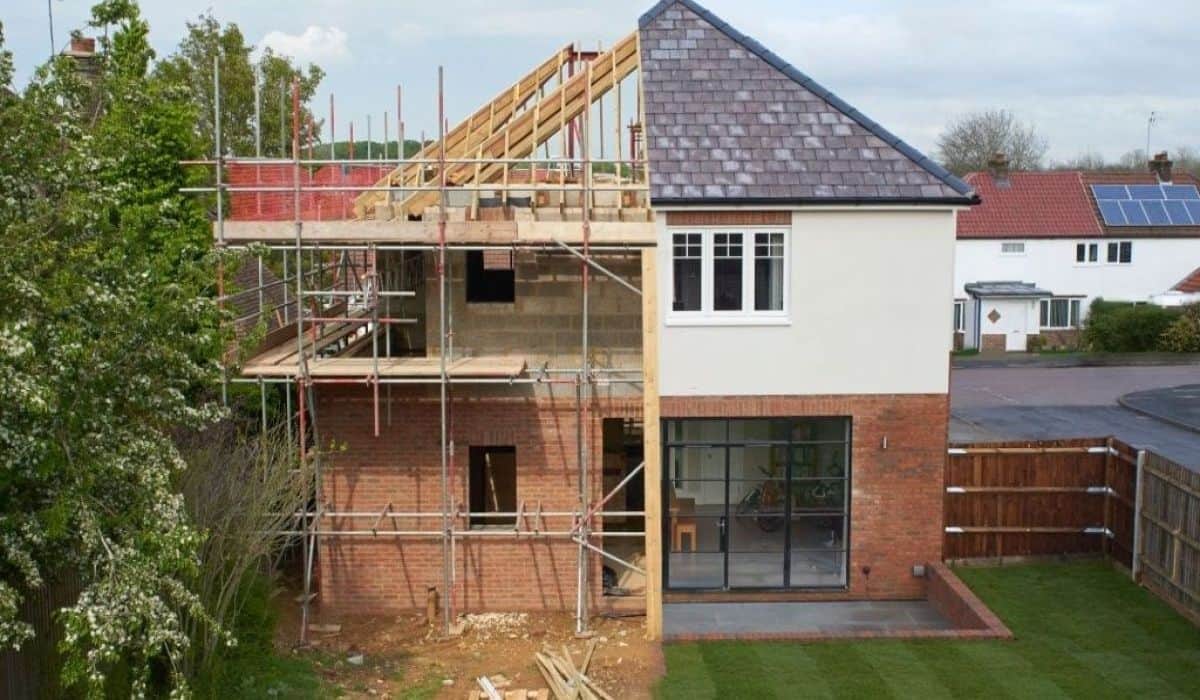
Is Self-Building a Home Value for Money in 2024-2025?
Self-building a home can be a good investment in 2024-2025, provided it’s approached with careful financial planning. While it typically involves more upfront work and effort than buying a new or existing home, the benefits can be substantial:
- Cost savings: Building your own home can sometimes be cheaper than buying, as you can control where your money goes and avoid developer premiums.
- Customisation: You get a home built exactly to your specifications, which can increase its long-term value.
- Potential for energy savings: New homes can be built with energy-efficient features that reduce ongoing utility costs.
That said, the market for construction materials and labour remains unpredictable. Inflation, material shortages, and labour demand could impact prices. If you plan and budget carefully, self-building a house in 2024-2025 can still be value for money. It’s all about controlling costs, choosing cost-effective designs, and working with the right professionals.
Building your own home in the UK is a rewarding challenge. With careful budgeting, the right advice, and solid planning, you can create your dream home without blowing your budget.

